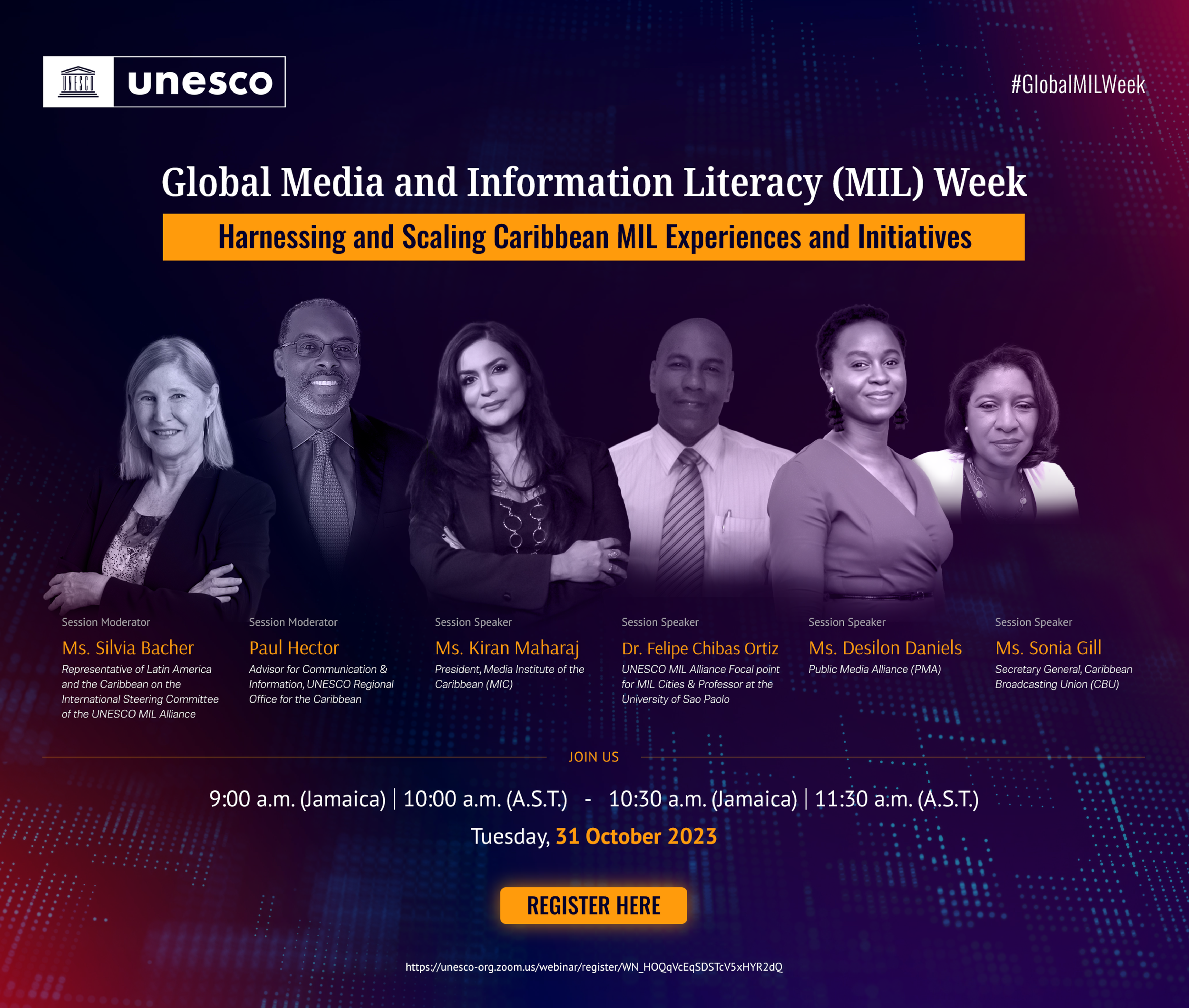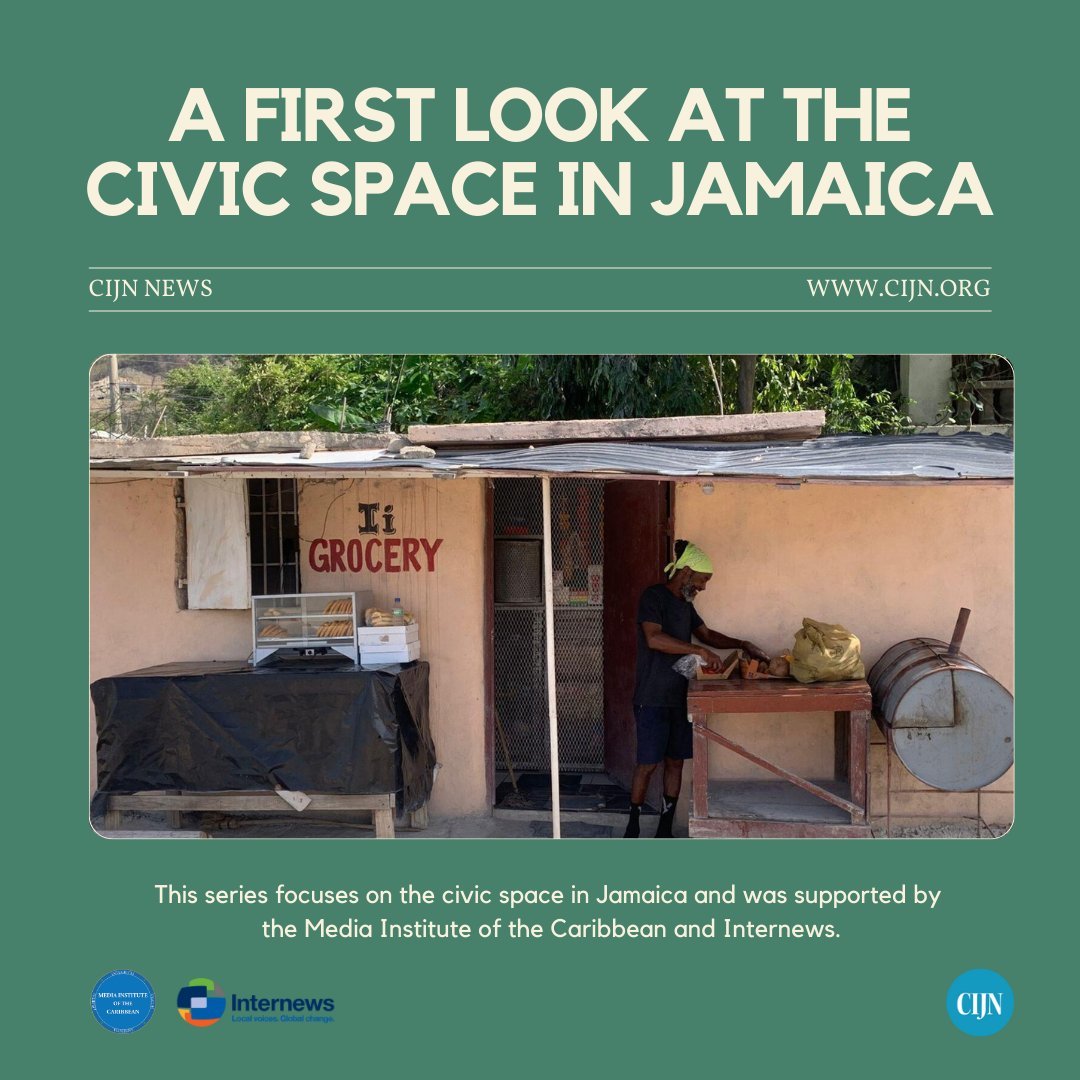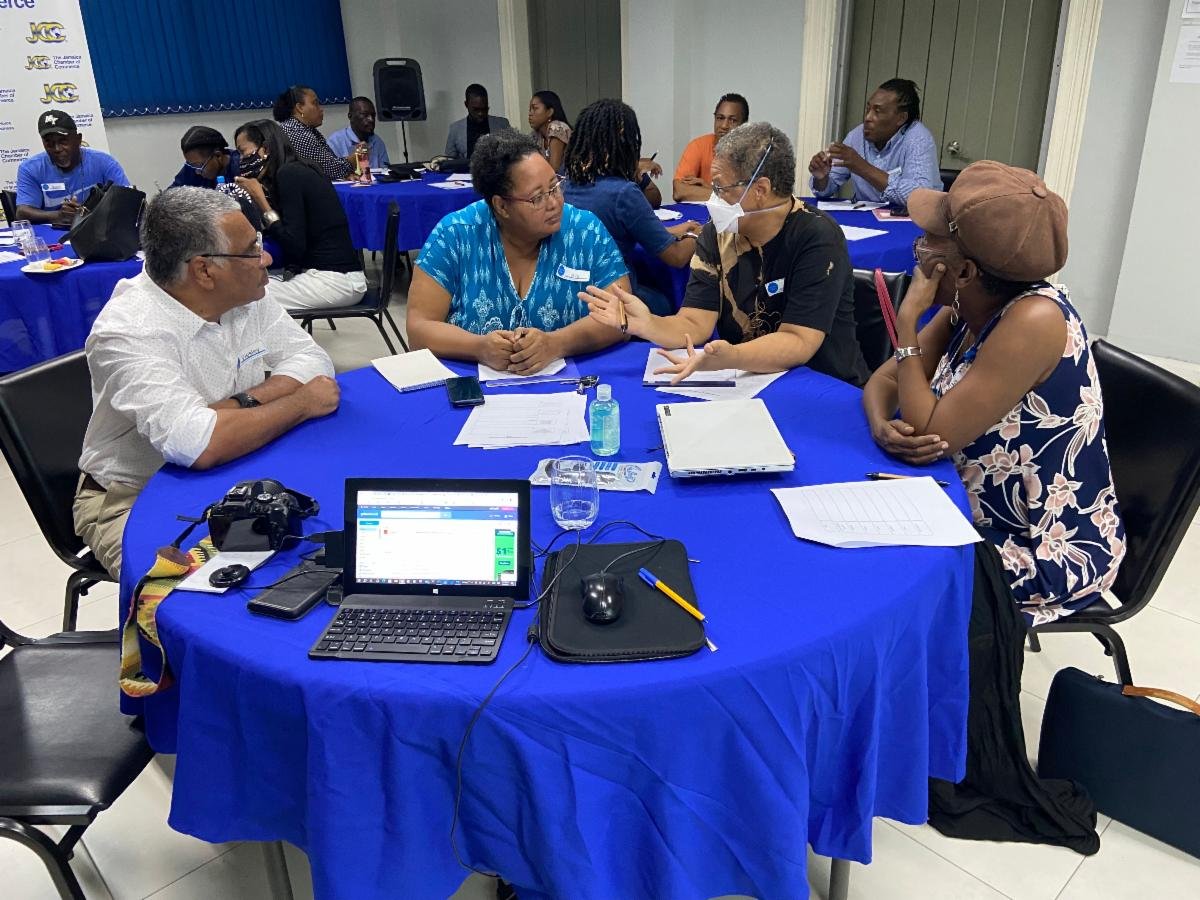ISSUE: November 2023
The Media Institute of the Caribbean (MIC) is proud to announce the successful completion of a comprehensive virtual training program for over fifty journalists in the Caribbean, focused on climate and health reporting. The culmination of this initiative resulted in the publication of five compelling news stories, each shedding light on critical issues at the intersection of climate change and public health. These stories are now available for the public to read on the Caribbean Investigative Journalism Network's website.







